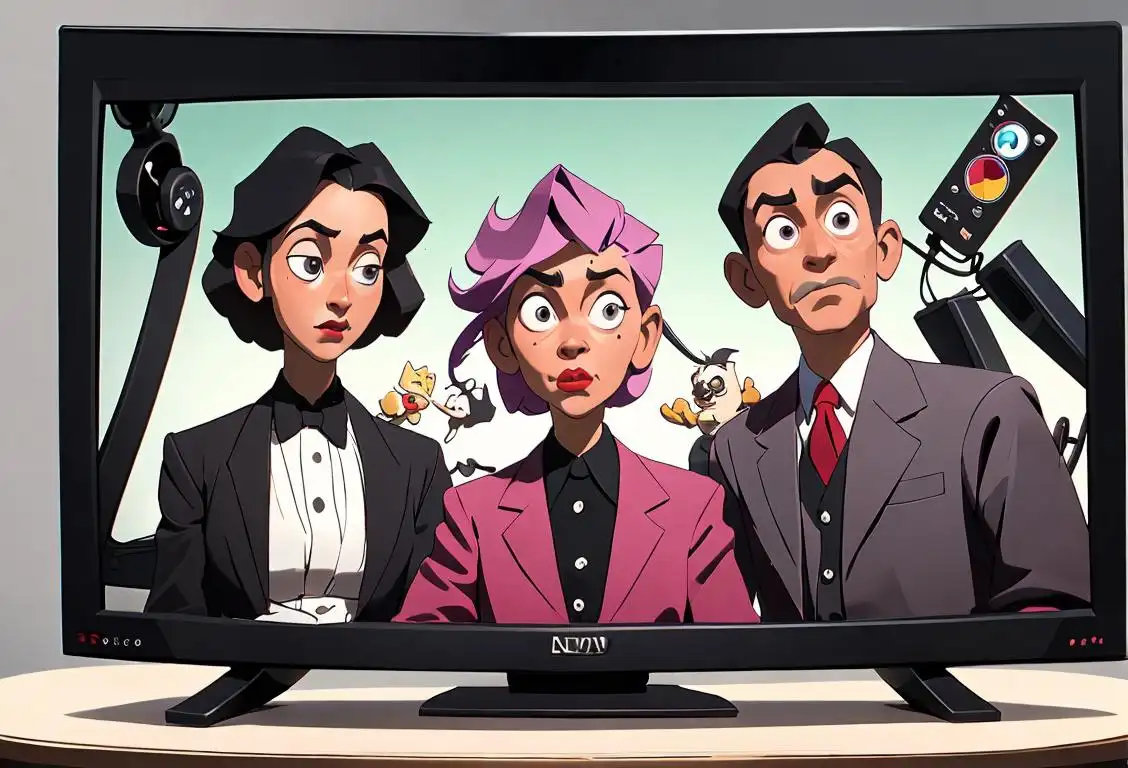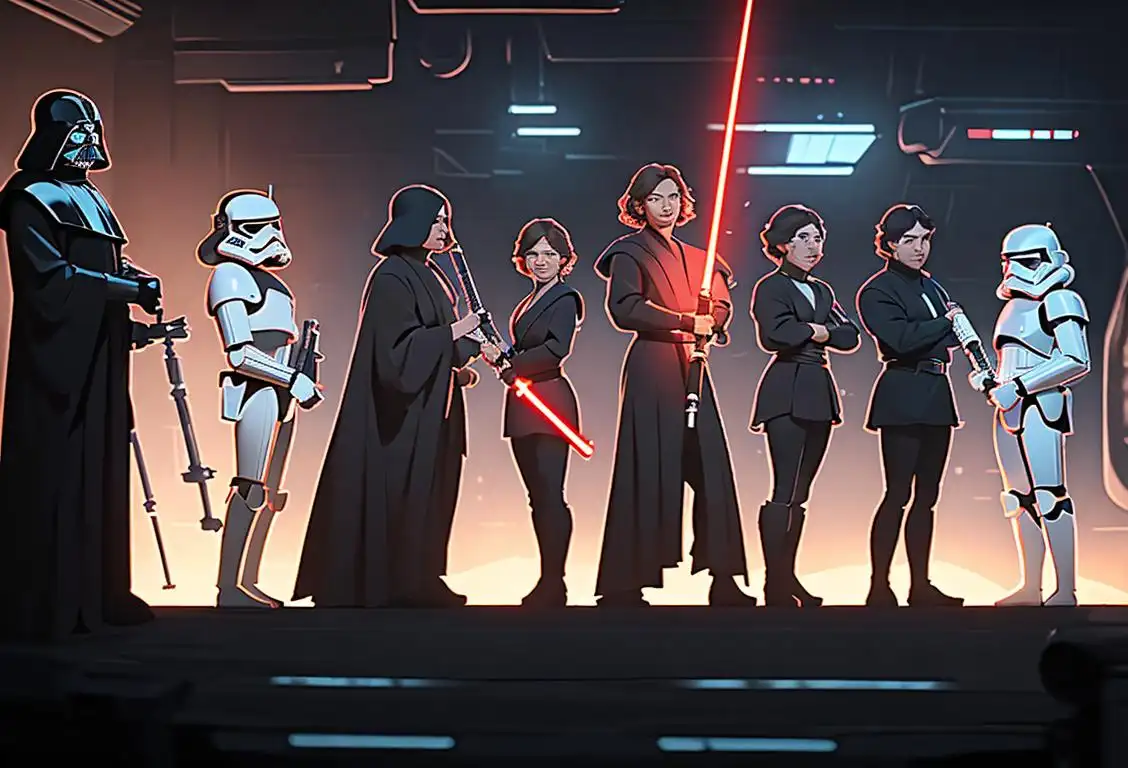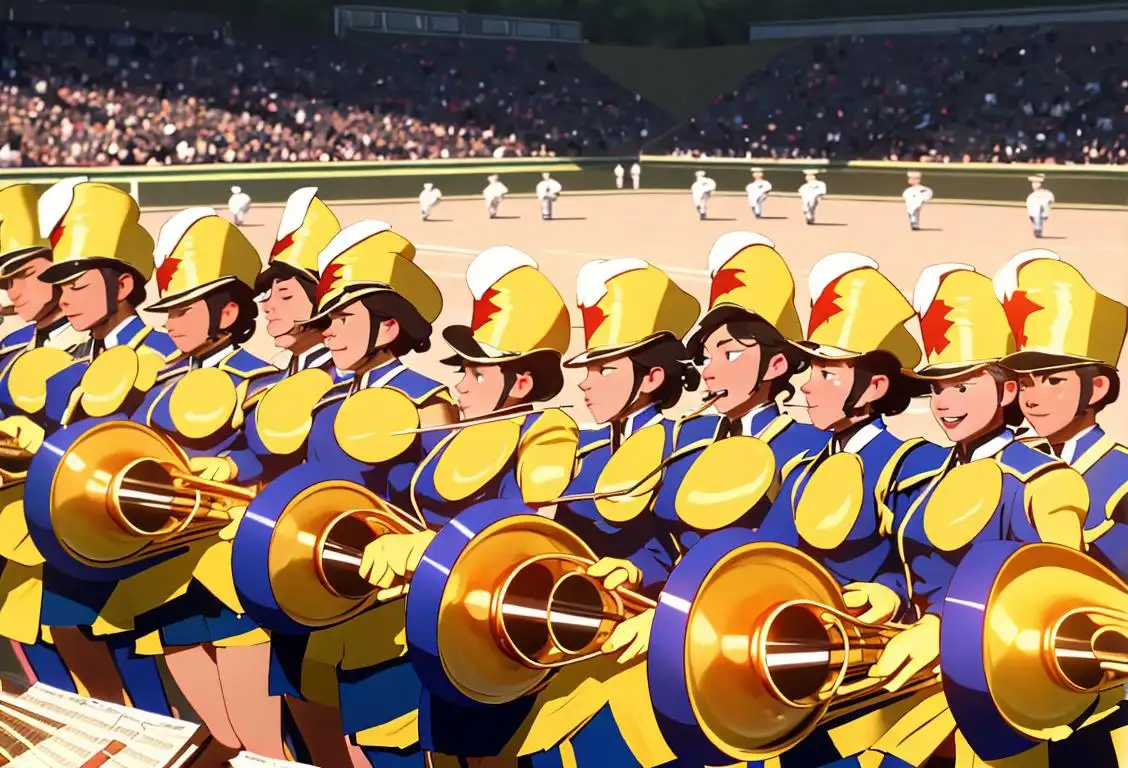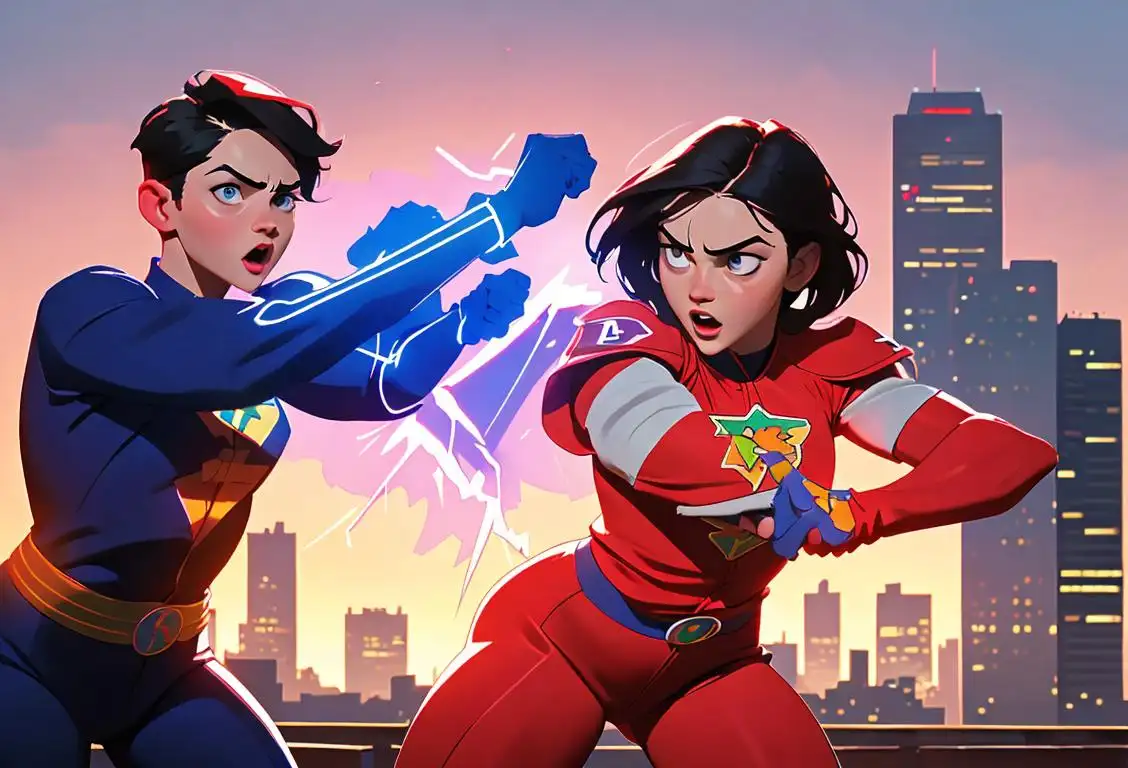National Cable Networks Day

Hey there cable enthusiasts! Get ready to celebrate National Cable Networks Day with a bang. It's time to shine the spotlight on all those channels that have entertained us, informed us, and occasionally made us question our life choices. Get your popcorn ready, because this day is all about the wonderful world of cable networks.
When is Cable Networks Day?
It's national cable networks day on the 23rd October.
The Birth of Cable Networks
Can you imagine a world without cable TV? It's like a world without sunshine or chocolate chip cookies; it's just not right. Fortunately, cable networks came to the rescue and changed the way we consume television forever.
Back in the day, we only had a handful of channels to choose from, and let's be honest, they were a bit limited in their offerings. But cable networks came along and revolutionized the entertainment landscape. With hundreds of channels at our fingertips, we could suddenly watch sports, movies, reality shows, and even home shopping on repeat. The possibilities were endless!
As the years went by, cable networks continued to innovate and bring us new and exciting programming. From gripping dramas to hilarious comedies, from thrilling sports events to heartwarming animal documentaries, there's something for everyone on cable. We've laughed, we've cried, we've had our minds blown, all thanks to cable networks.
History behind the term 'Cable Networks'
1948
The Birth of Cable Television
In 1948, the concept of cable television was introduced. Cable television, also known as Community Antenna Television (CATV), was developed as a means to bring television signals to areas with poor reception. By installing large antennas in high locations, cable operators were able to capture television signals from nearby cities and distribute them to subscribers through coaxial cables.
1972
The Emergence of Cable Networks
In 1972, the first cable network, HBO (Home Box Office), was launched. HBO initially started as a broadcast service, but it soon evolved into a cable network. This marked the beginning of the cable network revolution, providing subscribers with a wide range of exclusive programming including movies, sports events, and original series. The success of HBO inspired other companies to enter the cable network market.
1980
The Expansion and Diversification of Cable Networks
During the 1980s, cable networks experienced rapid expansion and diversification. Networks like CNN (Cable News Network) and ESPN (Entertainment and Sports Programming Network) were launched, catering to specific interests and providing specialized content. This era witnessed the growth of a variety of cable networks, each targeting niche audiences and offering unique programming options that couldn't be found on traditional broadcast television.
1990
The Rise of Cable Television Subscriber Base
In the 1990s, cable television witnessed a significant increase in its subscriber base. As more households had access to cable infrastructure and the number of cable networks expanded, people began to prefer the diverse program offerings and improved reception quality provided by cable. Cable networks played a crucial role in this growth by continuously delivering engaging content and attracting viewers with their exclusive programming.
2000
The Digital Revolution
The turn of the millennium saw the digital revolution in television broadcasting. Cable networks embraced digital technology, offering higher picture quality, interactive features, and more channels. Digital cable allowed networks to further expand their offerings, providing viewers with an extensive selection of specialized programming. The digitization of cable networks revolutionized the television industry and paved the way for future innovations and advancements.
Did you know?
Did you know that the average American spends about 4 hours a day watching cable TV? That's a lot of quality time with our favorite shows!Tagged
celebration entertainment televisionFirst identified
23rd October 2020Most mentioned on
23rd October 2020Total mentions
8Other days
Showtime Day
Cable Networks Day
Starwars Day
Travis Scott Day
Krept And Konan Day
Drummers Day
Marching Band Day
Power Rangers Day
Tv Talk Show Host Day
Barbershop Quartet Day








